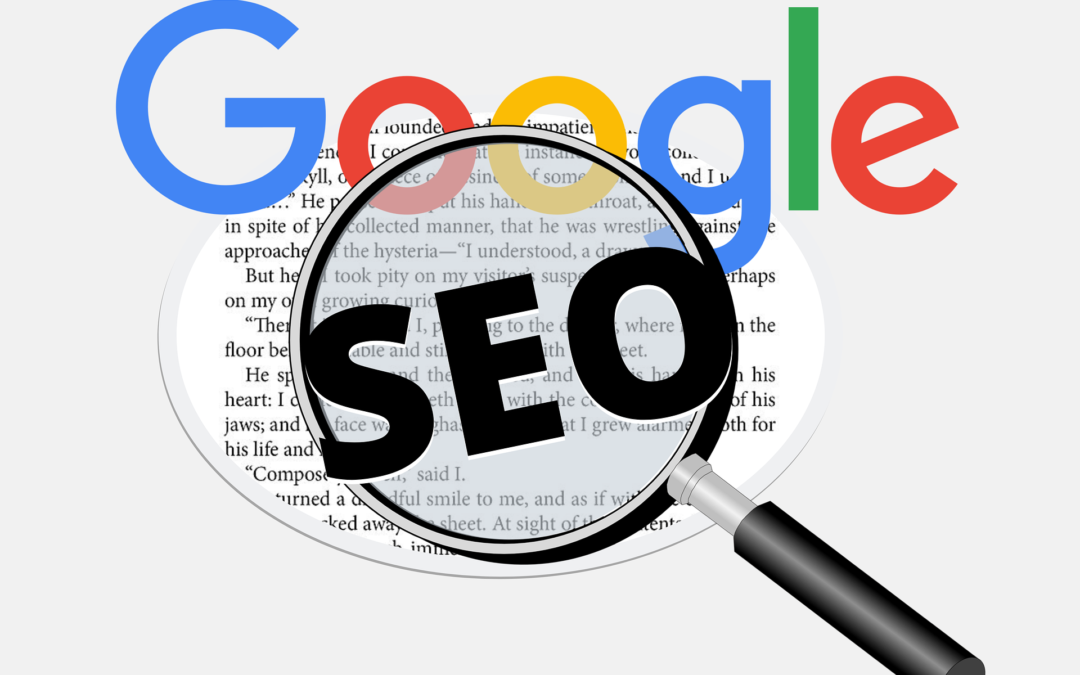How Does Search Intent Affect SEO?
An understanding of search intent often separates an okay digital marketing strategy from a highly effective one. When you first start using SEO, you can use all of the keywords and tactics in the world, but they may mean nothing if you don’t have a firm grasp of the user’s search intent.
In this article, we are going to learn about search intent, what it is, and how it affects SEO. Once you grasp the intimate relationship between search intent and SEO, you can better optimize your search intent for more hits and higher rankings. Let’s jump right in.
What Is Search Intent?
Search intent, which can also be called user intent, is the user’s primary goal whenever they search a query into the search engine. Most often, users want a specific answer or research whenever they search for a given topic.
Let’s look at an example. The person who searches “Tea recipe” has a different search intent than the person who searches “Tea near me.” Although both of these searches have to do with tea, the intentions of them are very different.
Understanding user intent can help you cater your product and services to customers who actually want them. Using the example above, you would use keywords like “black tea recipe” if your website is about tea making, not buying.
Types Of Search Intent
Even though you can search for just about anything online, there are four primary search intents to understand:
- Informational: Informational intent is whenever a user wants information, such as a recipe, history, or a person. It does not need to be a full sentence or question. For example, “Barack Obama” is considered to have informational intent since the user likely wants information about him.
- Preferential or Commercial Investigation: Preferential or commercial investigation intent is whenever the user wants to investigate a brand or service before making a decision. For example, “Best Book About Parenting” falls under this category.
- Transactional: Transactional intent means that the user wants to purchase an item. “Jeans for sale” classifies as transactional intent.
- Navigational: Navigational intent means that the user is trying to navigate to a specific website. This search intent makes it easier to find a website without typing in the URL. For example, “Netflix login” has navigational intent.
How Do You Determine Search Intent?
Determining search intent comes down to a variety of factors. Most notably, keyword modifiers are a big clue as to the search intent. More so, you can read the SERPs to find out what Google determines to be the search intent for individual terms you want to use.
Search Intent And SEO
Search intent is highly important for SEO purposes. Without understanding search intent, it can be tough to create a digital marketing campaign or platform that is effective and attracts relevant users.
Why Is It Important?
There are quite a few reasons as to why search intent is important for SEO. Most importantly, search intent is important because Google cares about it. In fact, the main goal of Google is to satisfy the user’s search intent. As a result, the main goal for SEO is to satisfy the user’s search intent simply because Google says so.
Since Google’s main priority is to satisfy the user’s search intent, your website must be optimized to do so. If it is not, Google will overlook your website for another one that better satisfies the user’s search intent.
As you satisfy the user’s search intent better, your rankings improve as well. Google ranks websites based on relevance, authority, and user satisfaction. Having content that matches the user’s intent easily helps boost your ranking overall.
More so, understanding search intent can help you have more reach across the funnel stages. To put it more simply, you can reach more users if your content is more specific. You can also reach more users at different stages whenever your content is specific. Remembering search intent can help you specify your content so as to reach more users.
Key Take-Aways
User intent is something you need to master if you want an effective SEO strategy. The user intent is the reason why the user is searching online in the first place. Only by understanding user intent can you formulate an SEO strategy that improves your ranking and broadens your reach.
If you need help understanding user intent or vamping up your SEO game, contact Virtual Surge. We will be happy to improve your SEO to reach more users and broaden your online customer base.

